Discover the Croatian Danube: Fishing Village of Aljmaš (part 2)
August 21, 2022 – In TCN’s new series, Discover the Croatian Danube, we explore the little villages that lie on the banks of this mighty river. We started from the point where the river Drava “surrounds its water and name to the Danube”, in a small fishing village called Aljmaš. If anything, you might know that Aljmaš is a Marian shrine with a big modern church and that it’s somewhere in Slavonia (could be Baranja?). There is a lot more to these few streets that make the village. A very long and rich history in a geographically important and interesting position. Legends, traditions, and stories of hardship, friendship, and mischief. Learn about the former in Aljmaš part one and buckle up for the latter in the following paragraphs.
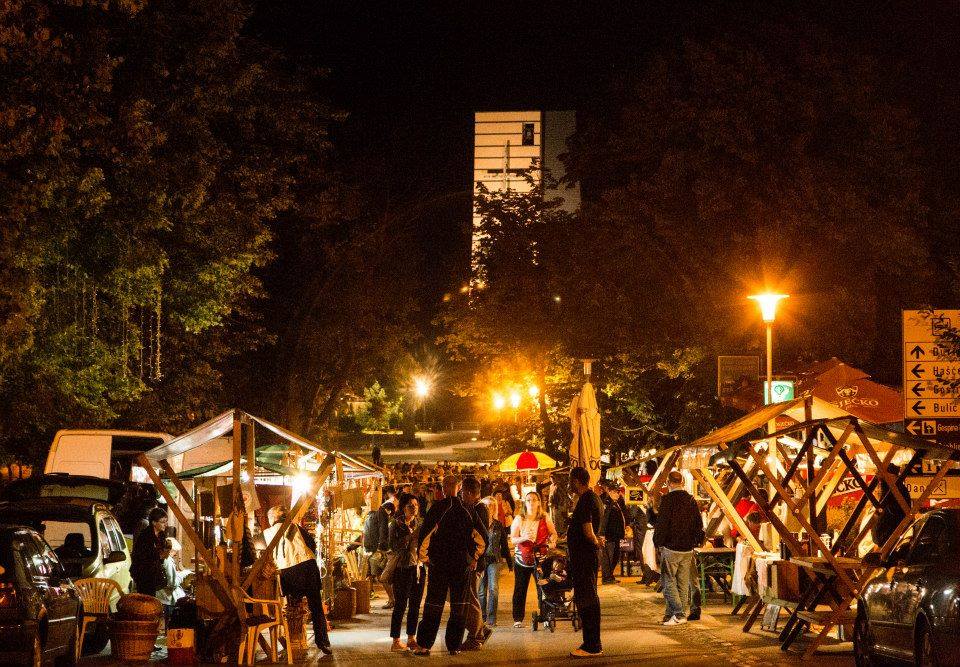
Photo: Aljmaška ribarska noć
Every village has its traditions. They are usually tied to the big holidays or otherwise important events, serve to bring people together, and are overseen by village Google. If you don’t know about the phenomenon, just ask any local grandmother about current events. In Aljmaš, its geography was used to make sure that things run smoothly. Before the modernisation of the infrastructure which took place in the 2000s, there were three canals for the rainwater to drain into the Danube. The embankments were used for social purposes where boys would gather and hang out on one, girls would do the same on another, and the third, you guessed it, was reserved for the smooth running of surveillance.
Other events couldn’t do without it, either. One of them was something called lelujle. In the spring, on Palm Sunday, there was a tradition for the ladies to let their romantic interests know who they were. This was, of course, done using old pots and pans which the girls would throw over the gates of their hopefully future husbands. This all gave the security something to do, as they would have to be the ones to either prevent the accumulation of unwanted old pottery or clear it out afterward. Usually with the words “better take this rubbish back to your mother’s house”.
The final quirky tradition presented here, and the author’s favourite is called buše. It occurs as the accompanying content, or the entertainment to go with the hard work that is the winter preparation of pig meat traditional for Slavonia. To lighten the mood, it was the task of a volunteer trickster to manage mischief. The primary goal was to play a trick on the host and acquire as much meat and snacks as possible, all while making sure that your identity remained completely hidden. Among other things, wine barrels were used to that end. The loot would then be served at a party.
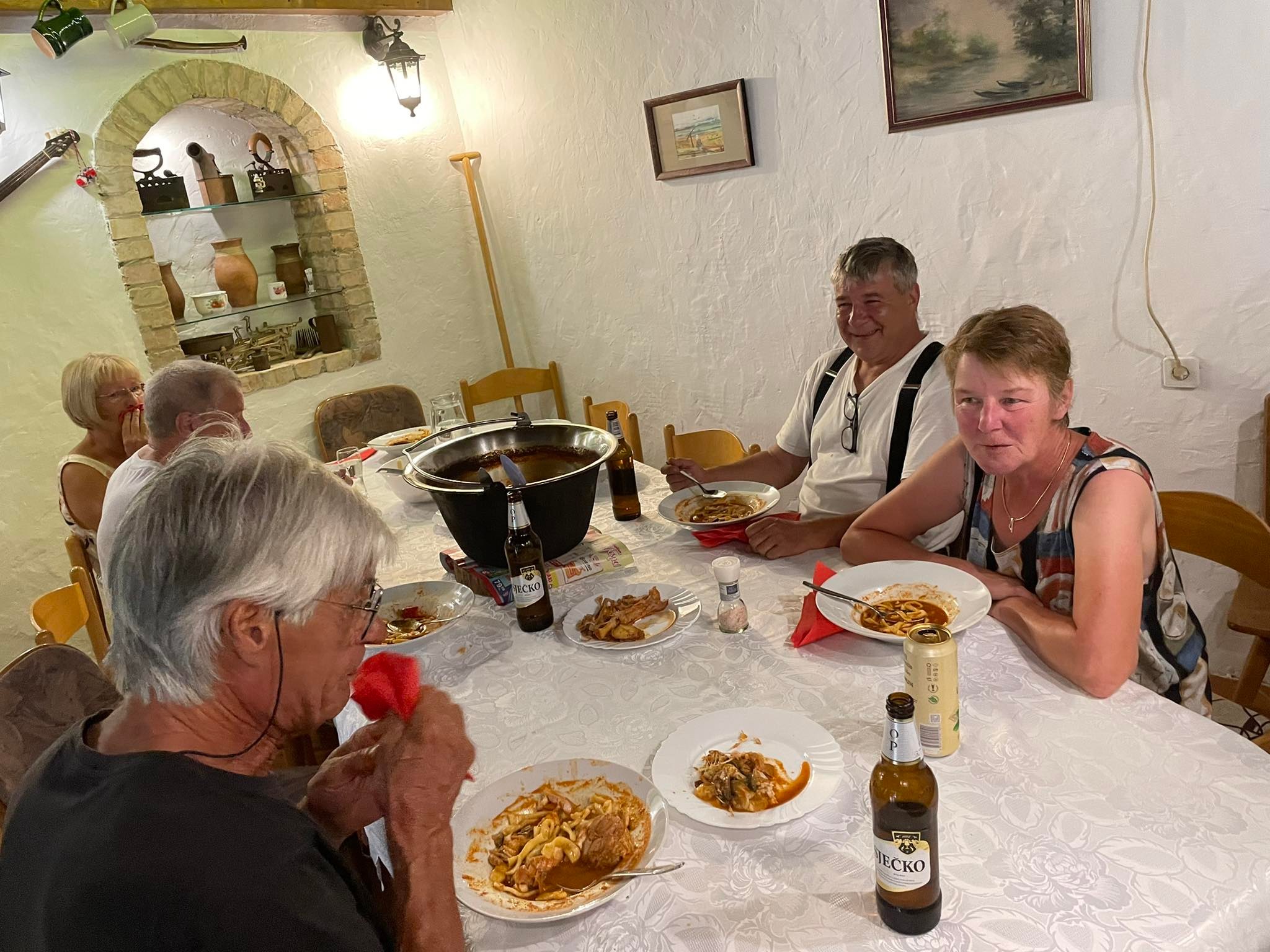
German fishing crew enjoying a delicious dinner
The Danube is the heart of Aljmaš. Fishing, camping, and picnics on the riverbanks are a way of life. Naturally, one of the most important local dishes is fish stew. This delicious, hearty meal is usually made with carp, catfish, pike, or a combination of those, over an open fire in a hanging pot, with an addition of smoked sweet and spicy paprika, onions, and wine. The ingredients can vary, and every good cook will keep their secret, but one thing is sure – love is always the primary spice. And Aljmaš breathes love for the river, for food, for good company, and a good time. A true testament to this is the annual Aljmaš Fishing Night. It was born spontaneously out of a night of good fun, cooking and a friendly cook-off between Dalmatian cooks with fish from the Adriatic Sea and local cooks with Danube fish. The eighth Aljmaš Fishing Night held in 2019 hosted over 8000 visitors who all cooked, ate, sang, and danced all night long. Unfortunately, due to the pandemic, the festival was put on temporary hold, but the organisers cannot wait to be back and have already started planning Fishing Night 2023. A little fishy told us it might be the biggest and best one yet. It is usually held in late May or early June. For more info, to get a feel of the atmosphere, and to make sure you don’t miss the next one, follow Aljmaška ribarska noć on Facebook.
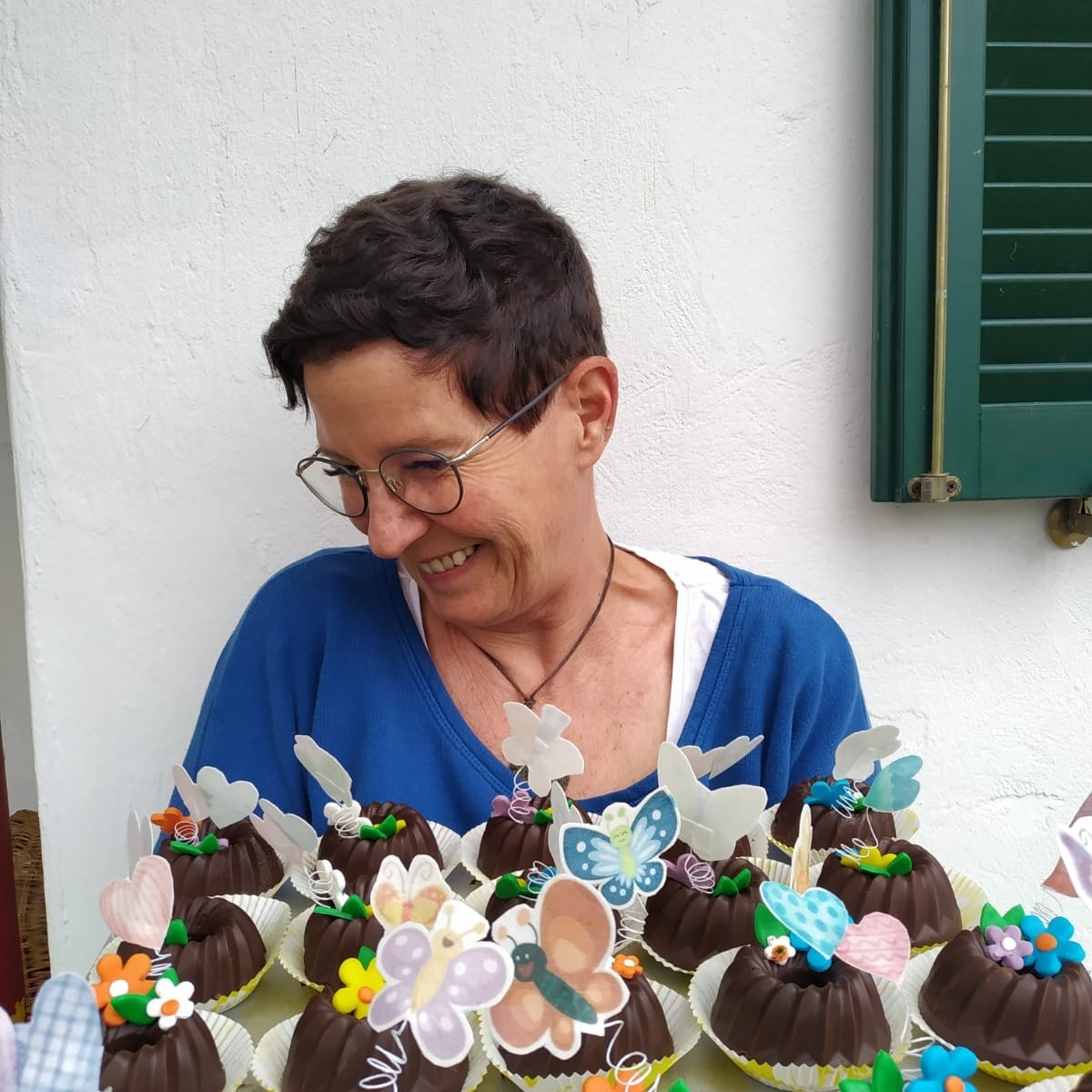
Photo: Susi Petrijevčanin
The driving force of the events, traditions, and all other ways in which Aljmaš lives, is of course its residents. There might not be many, but they are the most generous and friendly bunch. Not only will they greet you with a smile, but they will also host you, show you around and feed you. One of them is Susi Petrijevčanin, a German nurse who decided to move to Aljmaš for love, the fresh air, and the perfect lifestyle. In her words, it’s a place where you can let your child go outside to play all day. They might come back muddy, tired, knees scraped, but they’ll always be happy and healthy. To ensure that a lunch of delicious fish stew is followed by lovely desserts, Susi has opened her dessert shop in Aljmaš, which you can follow here.
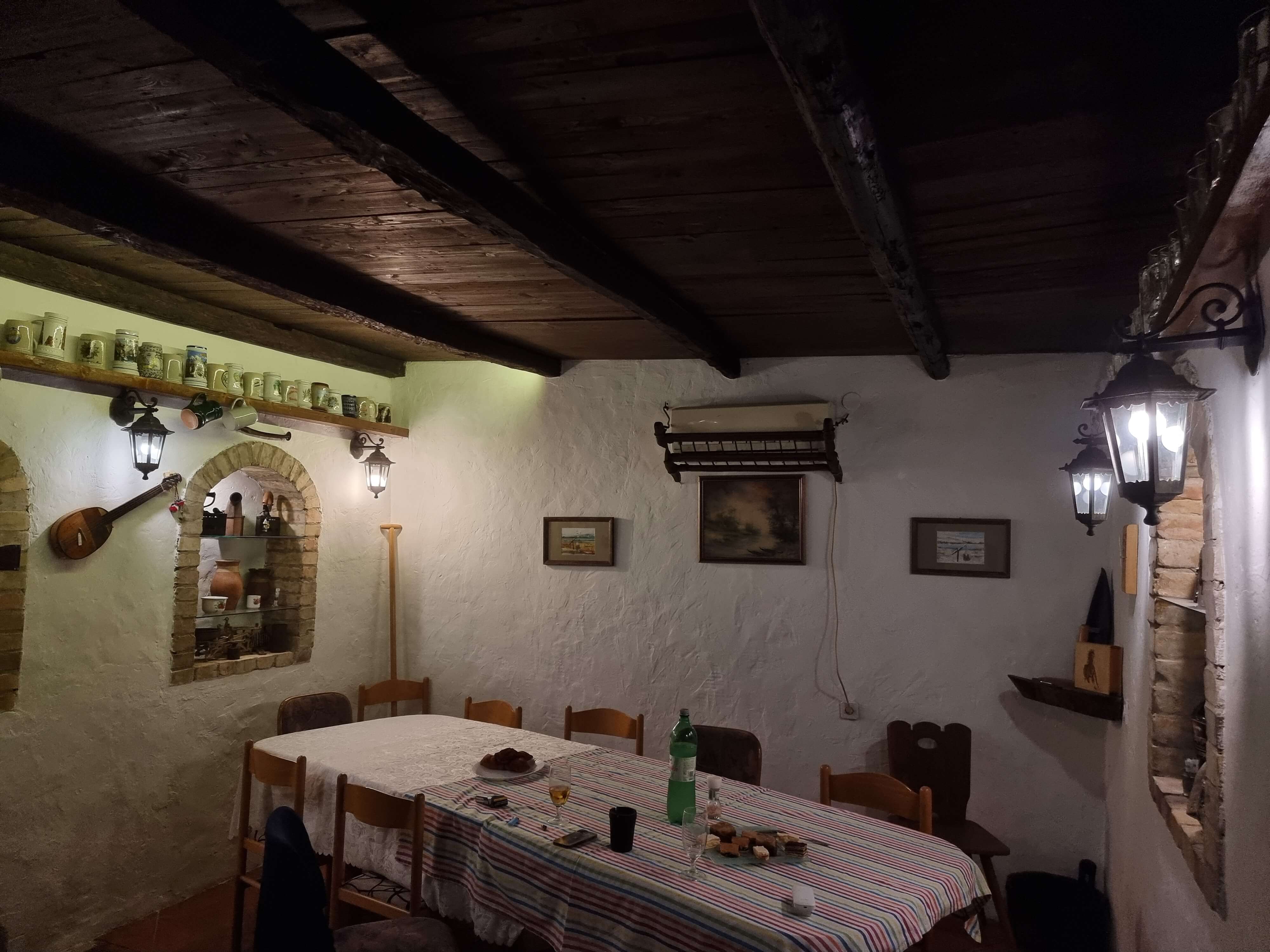
If any of this inspires you to visit Aljmaš, we encourage you to do it yesterday! Our guide Marina will be more than happy to help and will ensure that you have the best time. She will tell you a story or two about the village, her family who has lived in Aljmaš for five generations and might be traced back to Napoleon Bonaparte, as well as what the best ways are to catch and prepare fresh Danube fish. If she likes you, she might even show you her house which has stood in the village since before the 1900s. Whether it’s the original bricks, wooden structure, or the wine in the cellar, there is an incredibly special feel to the place.
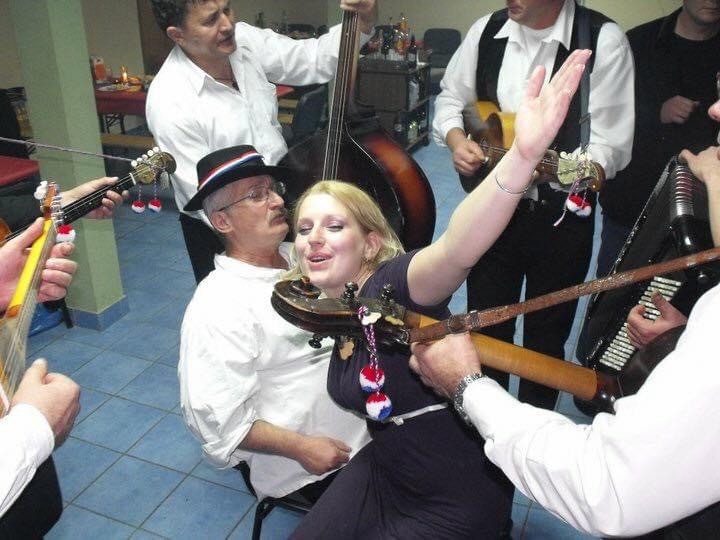
Marina with her father in traditional wear. Standard atmosphere in the village.
If you would like to contact Marina and plan your visit, email TCN This email address is being protected from spambots. You need JavaScript enabled to view it., Subject Aljmas.
How good is your knowledge of eastern Croatia? Take the CROMADS test above - how many places do you recognise?
For more, make sure to check out our dedicated Travel section.


